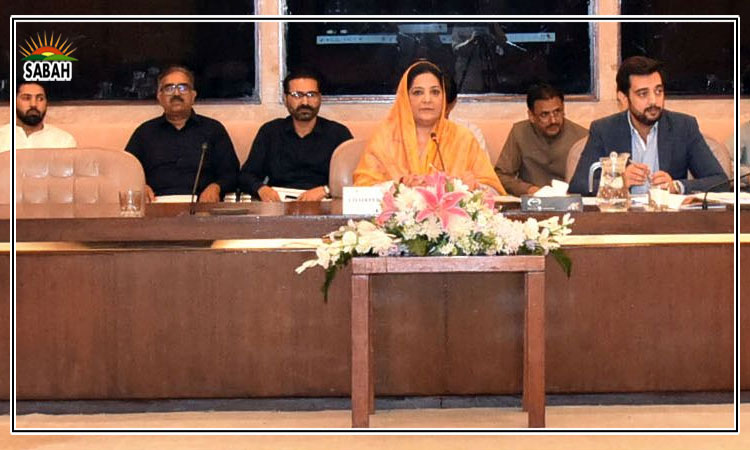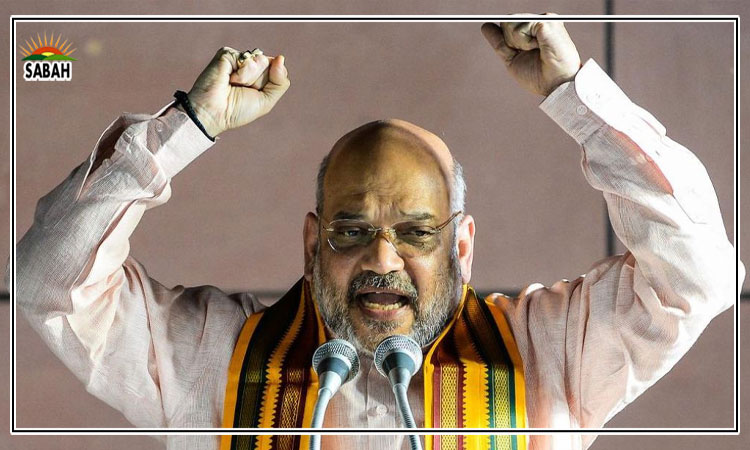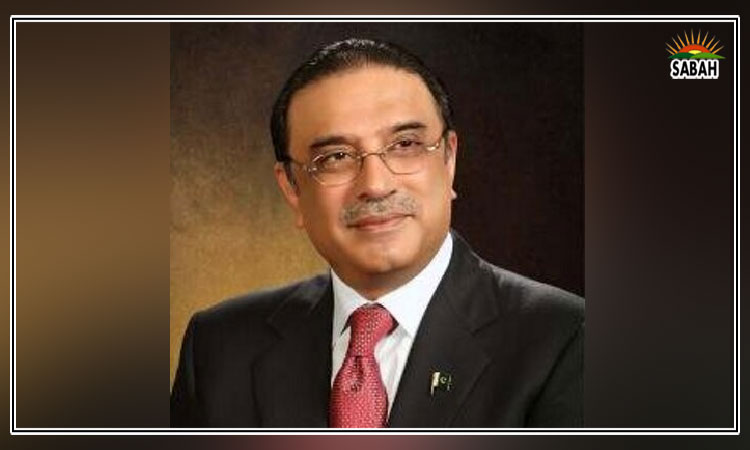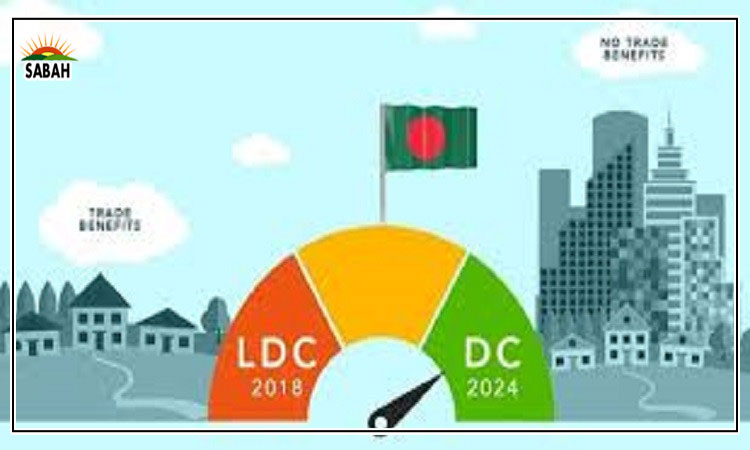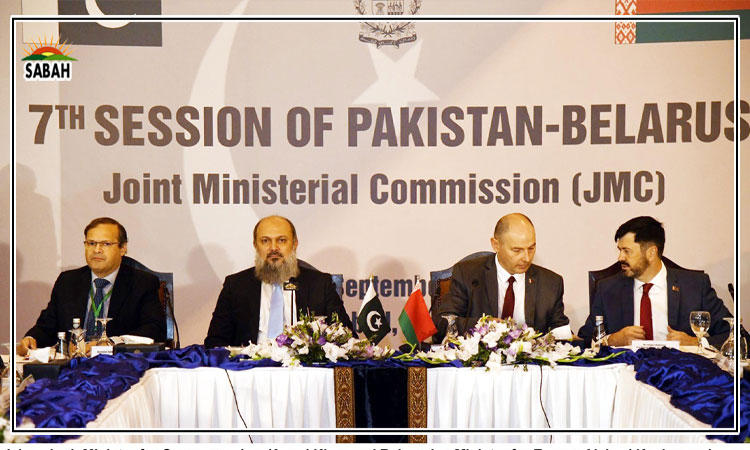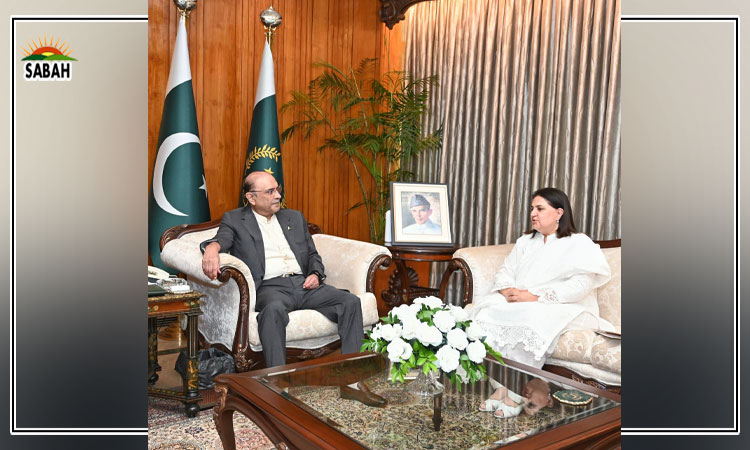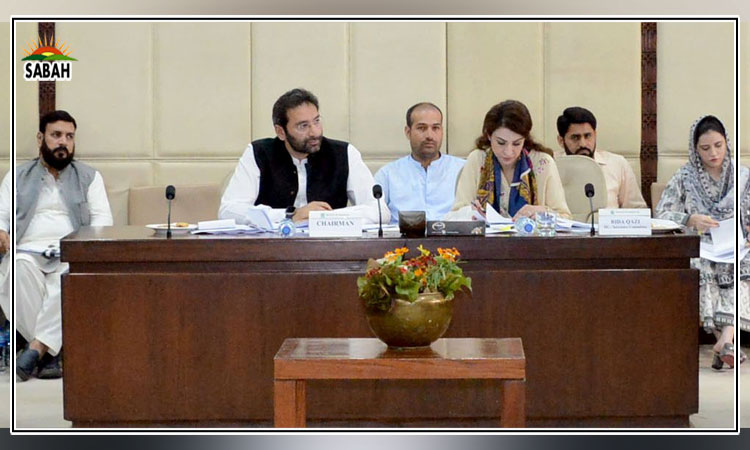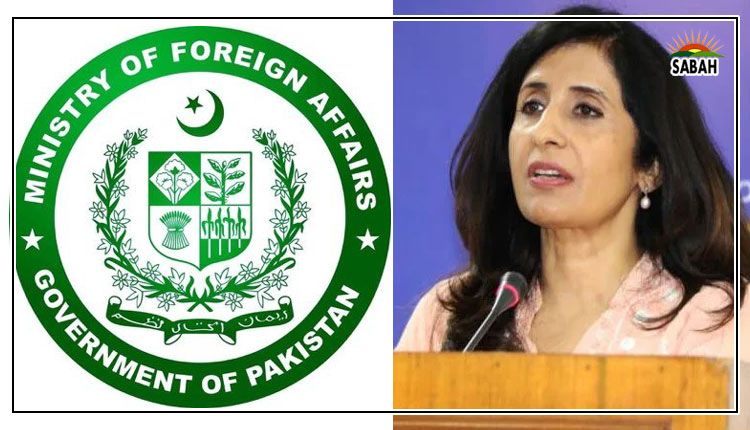The Chinese way…Huma Yusuf
IN the coming days, Saudi Arabia and Iran will reopen embassies in each others countries after seven years of estrangement, offering hope of imminent stability in Syria and Yemen. This is Chinas first triumph as a global diplomatic heavyweight, having played a key role in mediating between Riyadh and Tehran.
What could Beijings success portend for the Russia-Ukraine war or even dare one wonder Pakistan-India relations?
Last week, Chinese President Xi Jinping had a phone call with Ukrainian President Volodymyr Zelensky, during which Xi reiterated Chinas desire to see an end to the war through a political settlement. The call did not yield tangible proposals but China had earlier, in a 12-point plan, called for peace talks, an end to sanctions and a moratorium on the use of nuclear weapons.
Beijings success in bringing Riyadh and Tehran together is raising hopes for what it might achieve between Moscow and Kyiv. It is fuelling those hopes with a recent announcement to appoint a special representative for Eurasian affairs to broker dialogue.
However, in this case, China is at best likely to succeed as a facilitator rather than a mediator. Beijing can bring key stakeholders to the table, but its reluctance to call for a Russian withdrawal from Ukraine means it is perceived as too Putin-aligned to serve as a credible mediator.
To boost its mediation credentials, China will have to emphasise its own motivations for seeking a political settlement to the Russia-Ukraine war. With regards to Russia, China is playing a political game, trying to establish Moscow as a junior partner that can help tip the balance of the global world order away from Washington and towards Beijing.
Russia cannot serve as a useful partner if it is debilitated by its Ukrainian misadventure. On the other hand, regarding Ukraine, Beijing hopes to secure its economic interests: China is Ukraines largest foreign trading partner, and Beijing has significant investments in Ukrainian infrastructure, including ports and urban transport.
Such political and economic considerations also underpinned Chinas successful Middle Eastern interventions. By emerging as a key actor in the Middle East, China eroded Americas regional relevance. Undermining the US was likely the main driver for Irans willingness to re-engage with Saudi Arabia; the Iranian government has long called for a grand anti-Western alliance spearheaded by China and Russia and including Iran and other regional countries. Saudi Arabia saw the deal as an opportunity to limit disruptions of its new economic diversification strategy by Iranian-backed proxies.
What does this imply for prospects of a China-brokered dtente between Pakistan and India? It is a question that Beijing has tentatively tackled in the past. In 2018, a Chinese diplomat in Islamabad stated that China was engaging with Indian officials to de-escalate tensions between Islamabad and New Delhi.
That same year, President Xi called for unity among all members of the Shanghai Cooperation Organisation. But China treads carefully in this space. In 2017, for example, Beijing declined to support Pakistans decision to raise the Kashmir issue at the Organisation of Islamic Cooperation and reiterated its stance that Kashmir is a bilateral matter.
This hesitancy underscores the reality that China has limited potential to serve as a mediator in South Asia. China is a more direct participant in our regions conflict dynamics. Memories of the 2020 Sino-Indian clashes along the Line of Actual Control are fresh last December Indian and Chinese troops clashed again for the first time after over a year.
Politically, there is not as much alignment among the key stakeholders on the need to nullify US global influence. Pakistan still seeks political and economic support from Washington, most recently in the context of the IMF facility and continuing discussions around counterterrorism strategies to tackle the threats emanating from Afghanistan. India, meanwhile, continues its economic flirtation with the US, with both powers seeing the utility of hoisting each other to counter Chinese influence.
Chinas own economic motivations for pursuing regional peace have weakened over recent years. Beijings original motivation to broker between Islamabad and New Delhi was driven by the desire to win the latters support for CPEC. But the corridors potential seems muted as Pakistan grapples with its economic crisis and mounting indebtedness.
Dreams of regional economic integration and vast connectivity have also been vanquished by events in Afghanistan. Beijing has also found other theatres to prove its thesis that economic integration can reduce conflict. Lets hope for progress elsewhere, and more ideas for how our region may benefit too.
Courtesy Dawn


